detail profile jacek b c5 82awut
Peran Yang Di Mainkan Jacek Bławut
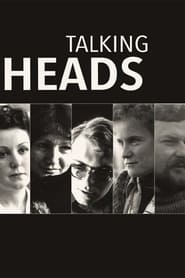 The film was inspired by one...
The film was inspired by one...Talking Heads 2021 2021
The film was inspired by one of the most important documentaries shot by Krzysztof Kieślowski, Talking Heads (1980). The director asked his interlocutors seemingly simple questions, such as “Who are you?” and “What do you want?”.
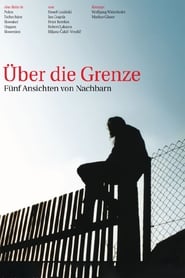 Across the Border is a polyglot...
Across the Border is a polyglot...Across the Border: Five Views from Neighbours 2004
Across the Border is a polyglot portrait of ideas about borders at the beginning of the 21st century. In an episodic journey five directors from Poland, the Czech Republic, Slovakia, Hungary and Slovenia, present their view and vision of nation, identity and Europe: By placing their personal cinematographic imprint on multifaceted portraits of their home countries, they open up a broad space for encounters with the strangers next door.
 It is a bitter story about...
It is a bitter story about...Day of the Wacko 2002
It is a bitter story about a middle-aged man, who hates his life and other people, including himself. Adam Miauczynski, the character known from director Marek Koterski's previous films, is a 44 year-old teacher, who reads poetry during school lessons and later goes home swearing and calling his neighbours' names. The worst pain for him is the next 5 minutes of living. He doesn't accept himself and even everyday contacts with others cause his aggression. Though constantly dreaming of a romantic love, he is not bold enough to make his dreams come true. The desperate Miauczynski personalizes our own fears and obsessions, which have become so visible recently.
 When a demanding and seemingly tactless...
When a demanding and seemingly tactless...The Abnormal 1990
When a demanding and seemingly tactless music teacher from Warsaw is assigned to a special needs educational centre in a remote village, he and his new group of students become increasingly at odds with each other as they struggle to understand and accept each other’s ways. They have but one month to reconcile their differences, and make something meaningful together.
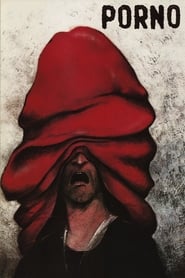 Micha a mature man and father...
Micha a mature man and father...Porno 1990
Michał, a mature man and father, is full of bitterness, regret, and longing for unfulfilled youthful dreams of true love. He reminisces about all his past lovers. With his first, Asia, he went on a seaside camping trip. He was 19 at the time, and she was two years younger. Despite his unambiguous advances, the girl resisted for a long time. Eventually, however, she gave in. For Michał, it was the proverbial pebble that caused an avalanche.
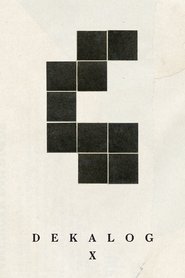 Jerzy and Arturs father dies leaving...
Jerzy and Arturs father dies leaving...Decalogue X 1989
Jerzy and Artur’s father dies, leaving behind a valuable stamp collection, which, they discover, is coveted by dealers of varying degrees of shadiness. The more involved the brothers get in their father’s world, the more dire and comical their situation becomes.
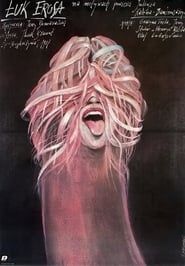 Lavish romantic melodrama obsessively concerned with...
Lavish romantic melodrama obsessively concerned with...Cupid's Bow 1988
Lavish romantic melodrama, obsessively concerned with sex. Maryska's husband is off to war. He soon is reported missing, and she does not protest much when is seduced by the husband's friend, a seedy professor with sickly wife and other mistresses on the side. However, the love of Maryska's life turns out to be a shy 17-year old, son of friends with whom she goes to stay.
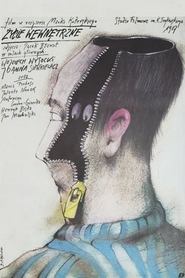 The life of a grumpy 40yearold...
The life of a grumpy 40yearold...Inner Life 1987
The life of a grumpy 40-year-old man living with his wife in a high-rise block. Every day is like the other - quarrels over dinner, taking out garbage, annoying neighbours, rides in elevators, lost socks. He hates everybody, especially his wife. Not even sexual fantasies are an escape from the hell he imposes on himself.
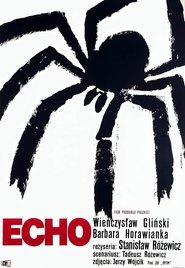 It seems that nothing can ruin...
It seems that nothing can ruin...Echo 1964
It seems that nothing can ruin Henryk’s (Wieńczysław Gliński) happy life. He’s a respected lawyer with a loving son and wife. One day, he receives a letter from the prosecutor’s office. He’s accused of collaborating with the Gestapo. It’s an echo of his past under occupation.
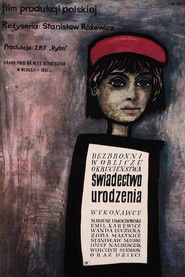 Three separate stories depicting the tense...
Three separate stories depicting the tense...Birth Certificate 1961
Three separate stories depicting the tense everyday life during occupation, as seen through the eyes of children. In “On the Road,” the two main protagonists are lost in the September’s strife: a young boy, and a soldier transporting the valueless documents of his broken unit. In “Letter from the Concentration Camp” the story’s protagonists are young boys who help their mother during the hardships of the occupation. Their treasure is an officer uniform belonging their father who is being held in a prisoner of war camp. In “Blood Drop,” the Germans find a set of typical Aryan characteristics in this story’s protagonist – a Jewish girl, hiding in an orphanage.
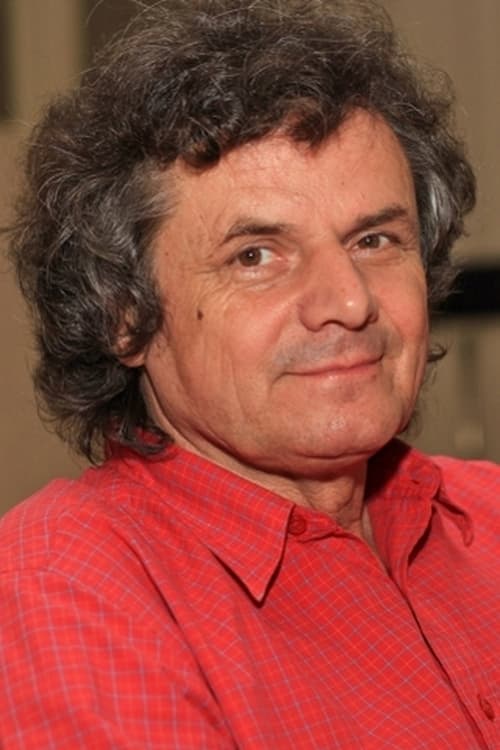
 Its 1940 German forces are prevailing over...
Its 1940 German forces are prevailing over...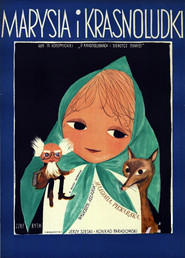 King Bystek of the Dwarf Kingdom...
King Bystek of the Dwarf Kingdom...